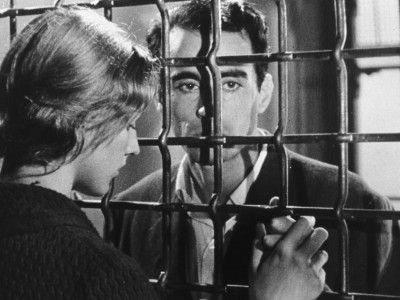
The Magnificent Ambersons
With Joseph Cotten, Dolores Costello, Anne Baxter.
US, 1942, 35mm, black & white, 88 min.
Print source: HFA
In What is Cinema?, Andre Bazin’s seminal ontological study, Welles’ studio-hacked second featureis a frequent reference point, because in some ways it is even more committed than Citizen Kane to the French critic’s notion of cinematic realism—that is, the rigorous preservation of spatial and dramatic unity in a scene through the use of long takes and deep focus. Welles employs such immersive mise-en-scène for a striking end goal: the resurrection of the textures, rhythms, and emotional flavors of a bygone era, that of the titular Ambersons. Working from a Booth Tarkington novel about the financial decline and resulting interpersonal turmoil of this aristocratic Indiana family, Welles fixates his film version on the story’s larger themes of societal transformation and industrialization at the turn of the 20th century, in the process observing the passing of a pre-modern era with wise detachment. Silent cinema vignettes and iris effects abound, aesthetic anachronisms that encase a host of superb Hollywood character actors (Joseph Cotten, Agnes Moorehead, Anne Baxter) in an elegiac snow globe of regret. In Welles’ hands, the Ambersons collectively become a tragic metaphor for the futility of dwelling on the past.



















